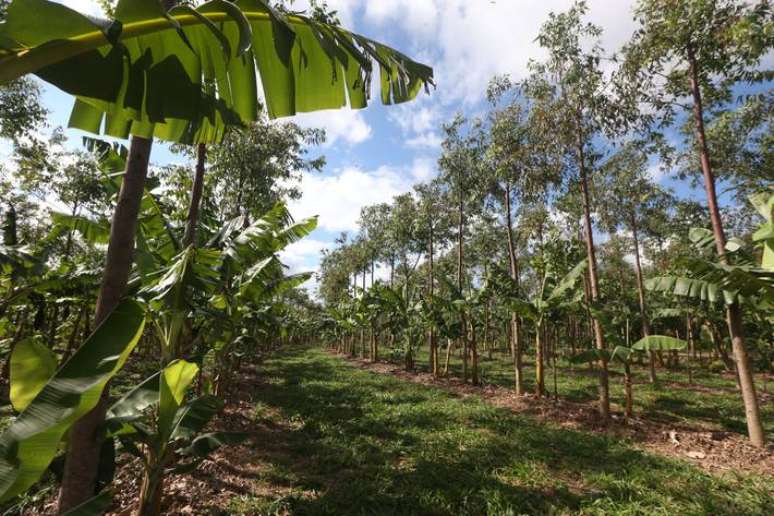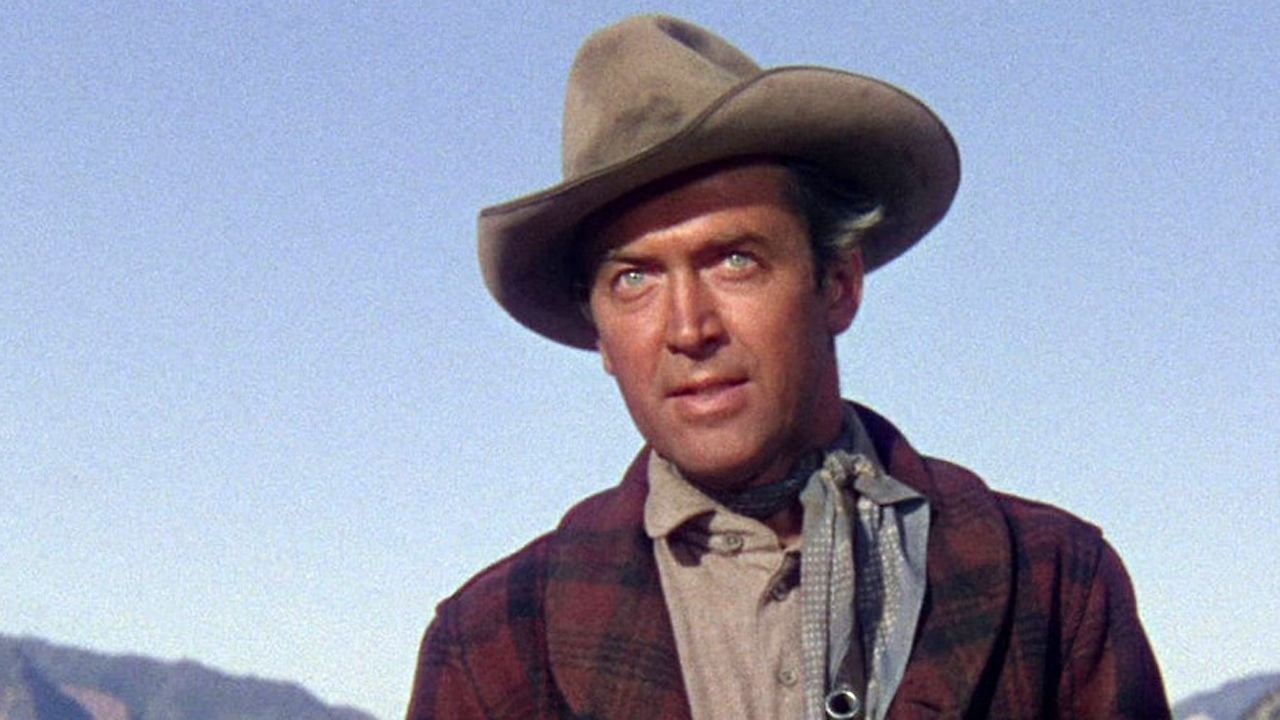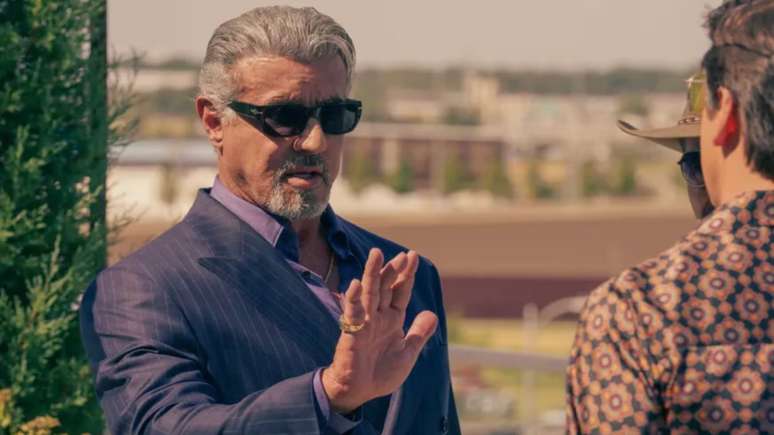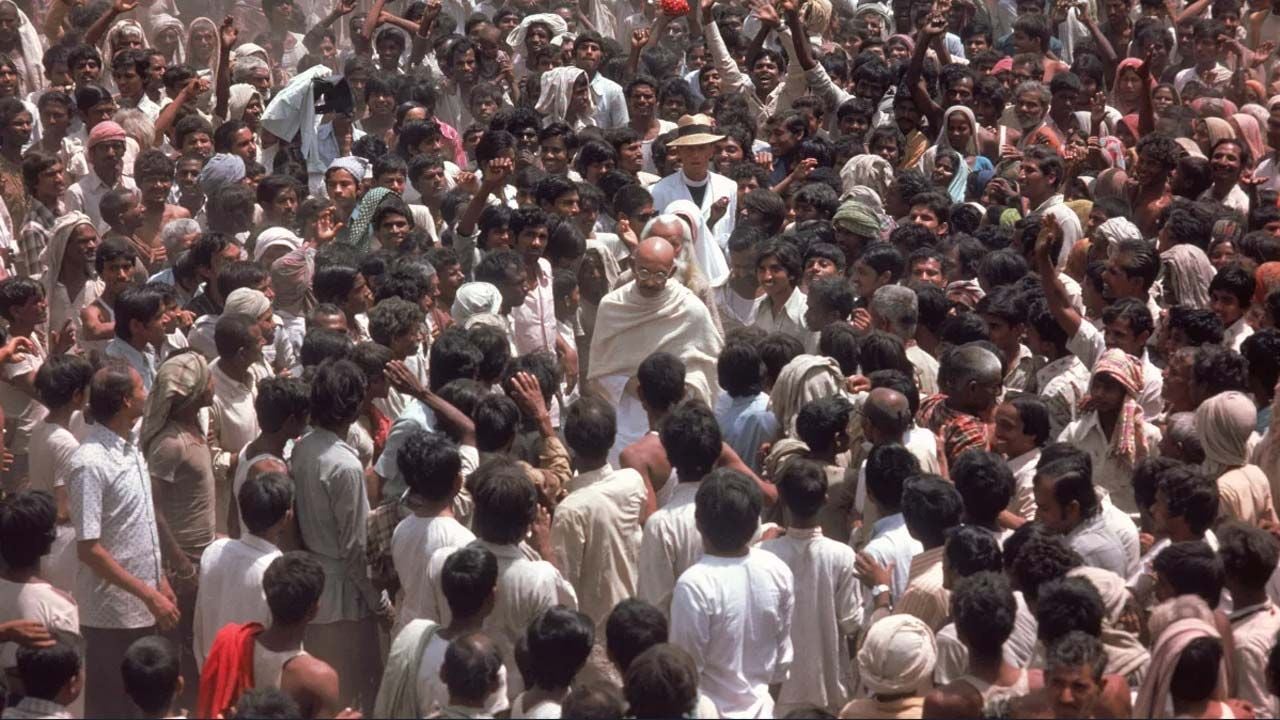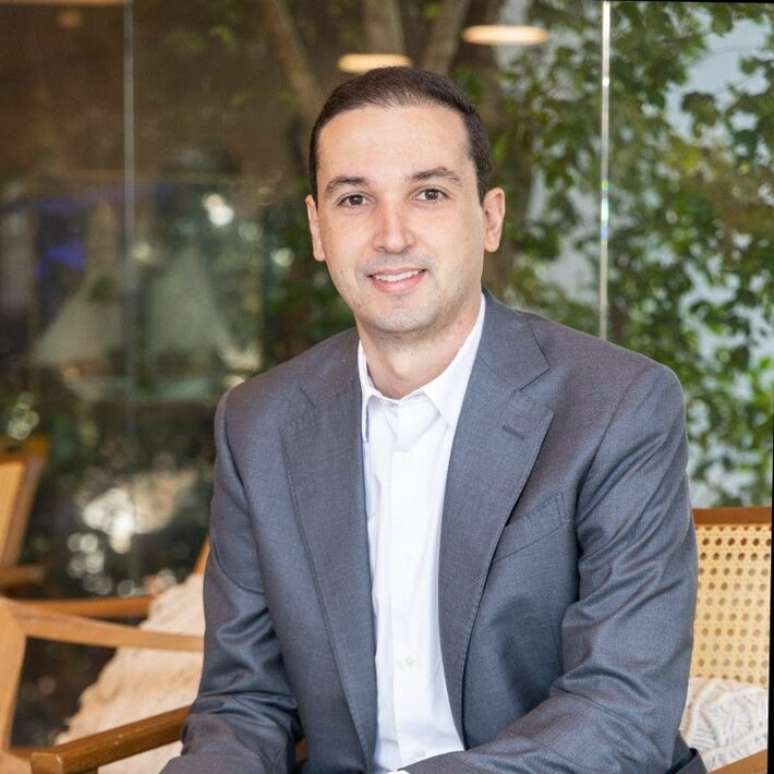A farmer overcomes water shortages with sustainable management in Maranhão; the environmental protection area in Paraná is restored
The family of producer Joel Carlos Hendges moved from the south to the north-east of the country, in Often Brazilian, for more than 40 years. Farm member agriculture Seis Irmãos, in Balsas, Maranhão, faced the challenge of achieving sustainable agriculture in a water-scarce region. More than 8 thousand hectares are cultivated with the support of Preserv Ambiental, through one of Cargill’s programs. The company offers technical assistance and incentives for low-carbon agricultural systems in the production of soy in already deforested areas, which are recovering.
The objective is ambitious: in the next five years the company intends to recover 100 thousand hectares, an area equivalent to the city of New York, especially in the Brazilian Cerrado, one of the most critical biomes in the country. a variety of programs connect environmentalists, entrepreneurs and academics to support farmers willing to adopt more sustainable practices. “Manufacturers have a central role in the journey towards having a agriculture always ahead and sustainable. It is also financially sustainable,” said Renata Nogueira, sustainability leader for Cargill’s agricultural supply chains in South America.
The development of the restoration program brought together Brazilian experts, such as researchers from universities and institutions such as Agroícone, Associação de Agricultores e Irrigantes da Bahia (Aiba), Bioflora, Conservation International, Instituto Perene, SLC Agrícola, Solidaridad, Way Carbon and the World Resources Institute, who met for more than a year to develop the proposal. In the pilot phase, seven restoration initiatives were selected in different biomes, for a total of 6 thousand hectares.
The supported projects are Território da Mata, in Machadinho (RS), with Solidaridad; Green Initiative, with Agroícone and Caminhos da Semente; Cerrado Seed Network, with Araticum, ICMBio and local rural cooperatives; Pretaterra, with the UBS Optimus fund; reNascer project, with the Perene Institute; Orla do Lago Paranoá, with the government of the Federal District, and Fazenda São Geraldo, in collaboration with Bioflora.
New programs created in collaboration with national and regional environmental organizations will also support farmers in developing techniques to manage their production areas more sustainably. They will also provide incentives and resources to increase profitability and help farmers with environmental regulation. An example is the partnership with the consultancy firm Preserv, from Maranhão, which works with 35 producers from five municipalities in the south of the state, including Joel Hendges.
The project covers an area of 60 thousand hectares of the Cerrado biome and also helps producers promote the environmental regularization of their properties with a view to inclusion in the Rural Environmental Register, which facilitates access to funding and official resources.
Another program sponsored by Cargill is Regenera Cerrado, conceived based on the concerns of a group of producers from the south-west of Goiás, interested in transforming traditional agriculture with sustainable practices. Created at the Forum of the Future, in 2022, the program is executed by the BioSistéticos Institute (IBS) and collaborates with eleven national and international institutions, covering 12 farms in the region, surrounding the municipality of Rio Verde in Goiás. “We understand that through agriculture we will address the challenges of climate change,” said Ingrid Graziano, Sustainability Solutions Manager at Cargill.
Another initiative
In Paraná, small farmers are not only committed to reducing greenhouse gas emissions on their properties, but also to restoring the Atlantic Forest that existed in the region by planting native species such as cedar, guapuruvu and juçara palm. The project, an initiative of Portos do Paraná, which manages the port of Paranaguá, has already reached an area of 19 hectares with the planting of 35,500 seedlings of 112 species. Forestry restoration is carried out on agricultural properties in the Guaraqueçaba Permanent Protection Zone, in Antonina, and covers four river basins.
Farmer Zinel Leman dos Santos grows food for school meals, such as cassava, vegetables and legumes. The project has brought a better quality of life for the three children and lots of food for the whole family. “It’s an opportunity for us not only to have a shade, but also to take advantage of the fruits of the earth and ensure oxygen for many people’s breathing.”
Source: Terra
Rose James is a Gossipify movie and series reviewer known for her in-depth analysis and unique perspective on the latest releases. With a background in film studies, she provides engaging and informative reviews, and keeps readers up to date with industry trends and emerging talents.

